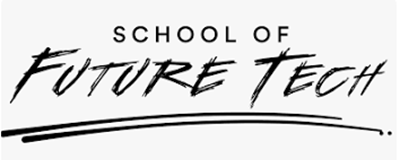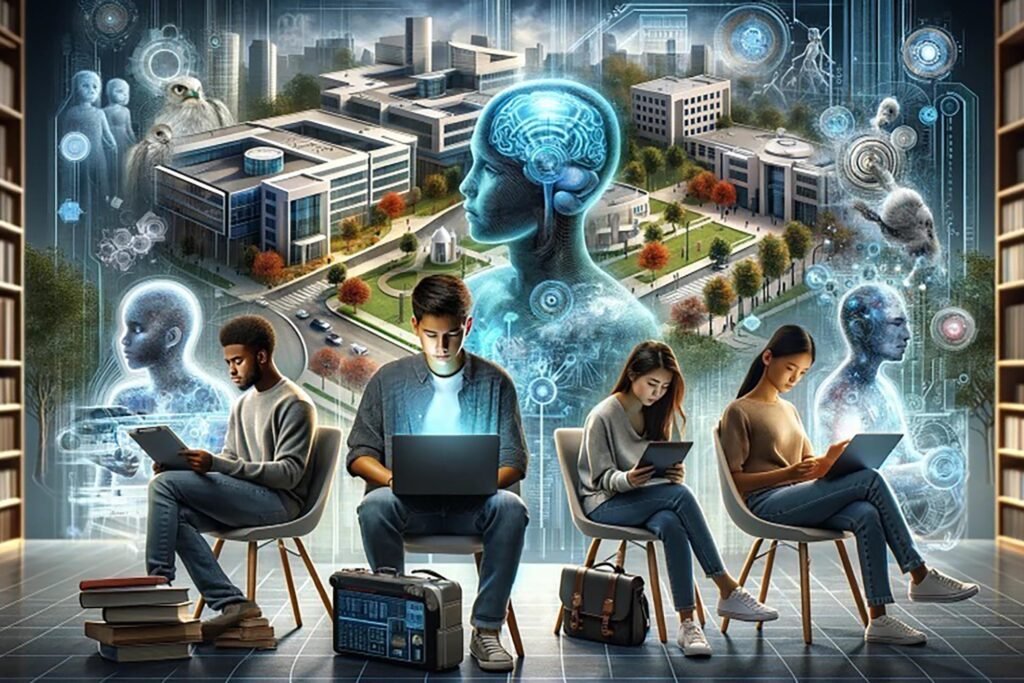- By Nidheesh Saxena, Senior Professional in the Education Industry
The education sector has always been a dynamic space, evolving with social needs, technological advances, and global challenges. Today, one of the most transformative forces reshaping teaching and learning careers is Artificial Intelligence (AI). From personalized tutoring tools to automated grading systems and intelligent content design, AI is redefining what it means to be a teacher, a learner, and even an administrator in the 21st century.
The Shift in Traditional Roles
Traditionally, teachers have worn many hats—educators, evaluators, counselors, and even administrators. AI is helping to redistribute these responsibilities by taking over repetitive tasks, such as grading objective assessments, scheduling lessons, or analyzing student performance data. For example, platforms that use AI can instantly evaluate multiple-choice tests, saving teachers hours of manual work.
This doesn’t mean teachers are becoming redundant. Instead, their roles are shifting toward more human-centered responsibilities: mentoring, fostering creativity, nurturing emotional intelligence, and guiding students through critical thinking. In short, AI is freeing teachers from routine work so they can focus on what truly matters—human connection and deeper learning.
Personalized Learning at Scale
One of AI’s most promising contributions is its ability to personalize education. Traditional classrooms often struggle with the “one-size-fits-all” approach, where students with different learning paces, styles, and abilities are expected to follow the same curriculum. AI-driven platforms can adapt content based on individual progress, offering additional resources or challenges as needed.
For teachers, this means the profession is moving toward becoming more of a facilitator and learning coach. Teachers can now use AI-generated insights to identify struggling students quickly, design intervention strategies, and track learning outcomes with greater precision. Careers in education are increasingly blending subject expertise with data literacy, requiring teachers to interpret AI-driven analytics effectively.
The Rise of New Job Opportunities
AI is not only changing existing teaching roles but also creating entirely new career paths in education. For instance:
- AI Curriculum Designers: Specialists who create adaptive learning content tailored to AI platforms.
- Data-Driven Instructional Coaches: Professionals who analyze student learning data and help teachers apply it in practice.
- EdTech Developers & Trainers: Experts who bridge the gap between AI technology and classroom implementation, ensuring teachers are equipped to use these tools effectively.
Moreover, universities and training institutes are introducing specialized courses in AI-driven pedagogy, signaling a future where teachers will require a hybrid skill set combining education, technology, and analytics.
Addressing Ethical and Employment Concerns
Despite its advantages, AI also raises concerns about job security and ethics in education. Automated grading and tutoring systems might reduce the need for certain administrative or support roles, leading to fears of job displacement. However, most education experts argue that AI will not replace teachers but rather augment their work. Emotional intelligence, cultural sensitivity, and creativity—hallmarks of good teaching—are qualities AI cannot replicate.
Ethical issues also arise around data privacy, bias in algorithms, and equitable access. Teachers and education professionals of the future will need training not only in using AI tools but also in understanding and addressing their ethical implications. Careers in educational policy, data governance, and digital ethics are likely to expand as schools and universities grapple with these challenges.
Upskilling for the AI Era
The integration of AI into education underscores the importance of continuous professional development. Teachers are now encouraged to acquire digital literacy skills, learn how to use AI-powered platforms, and stay updated on technological trends. Workshops, online certifications, and blended training programs are already becoming part of teacher training modules.
Institutions that invest in upskilling their educators are better positioned to adapt to AI-driven changes. As a result, career growth in education increasingly depends not just on subject knowledge but also on adaptability and willingness to learn new technologies.
Looking Ahead
The future of education careers will be defined by collaboration between humans and machines. Teachers will not be replaced by AI but empowered by it, transforming from knowledge providers into learning designers and mentors. Students, too, will benefit from highly personalized learning journeys that prepare them for an AI-driven workforce.
At the same time, the rise of AI calls for a rethinking of teacher education programs, curriculum design, and even the definition of what it means to “teach.” Future educators will need to be as comfortable with data dashboards and adaptive systems as they are with chalkboards and textbooks.
Artificial Intelligence is reshaping teaching and learning jobs in profound ways—automating routine tasks, personalizing education, creating new roles, and demanding new skill sets. While challenges such as ethics and job adaptation remain, the opportunities are immense. Education careers are no longer confined to classrooms alone; they now span the intersection of pedagogy, technology, and innovation. For aspiring and current educators, embracing AI means preparing not just for survival but for leadership in the classrooms of tomorrow.



